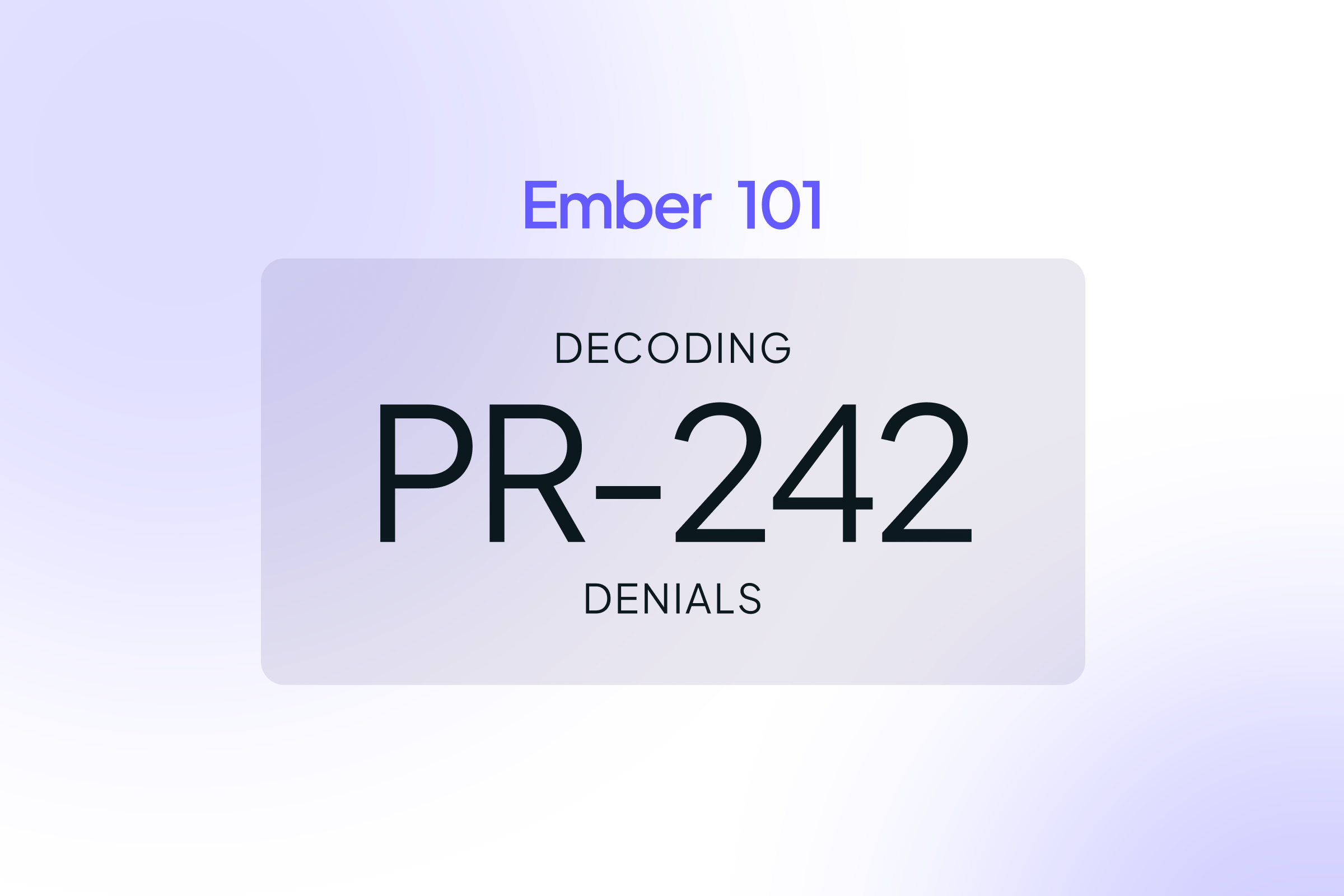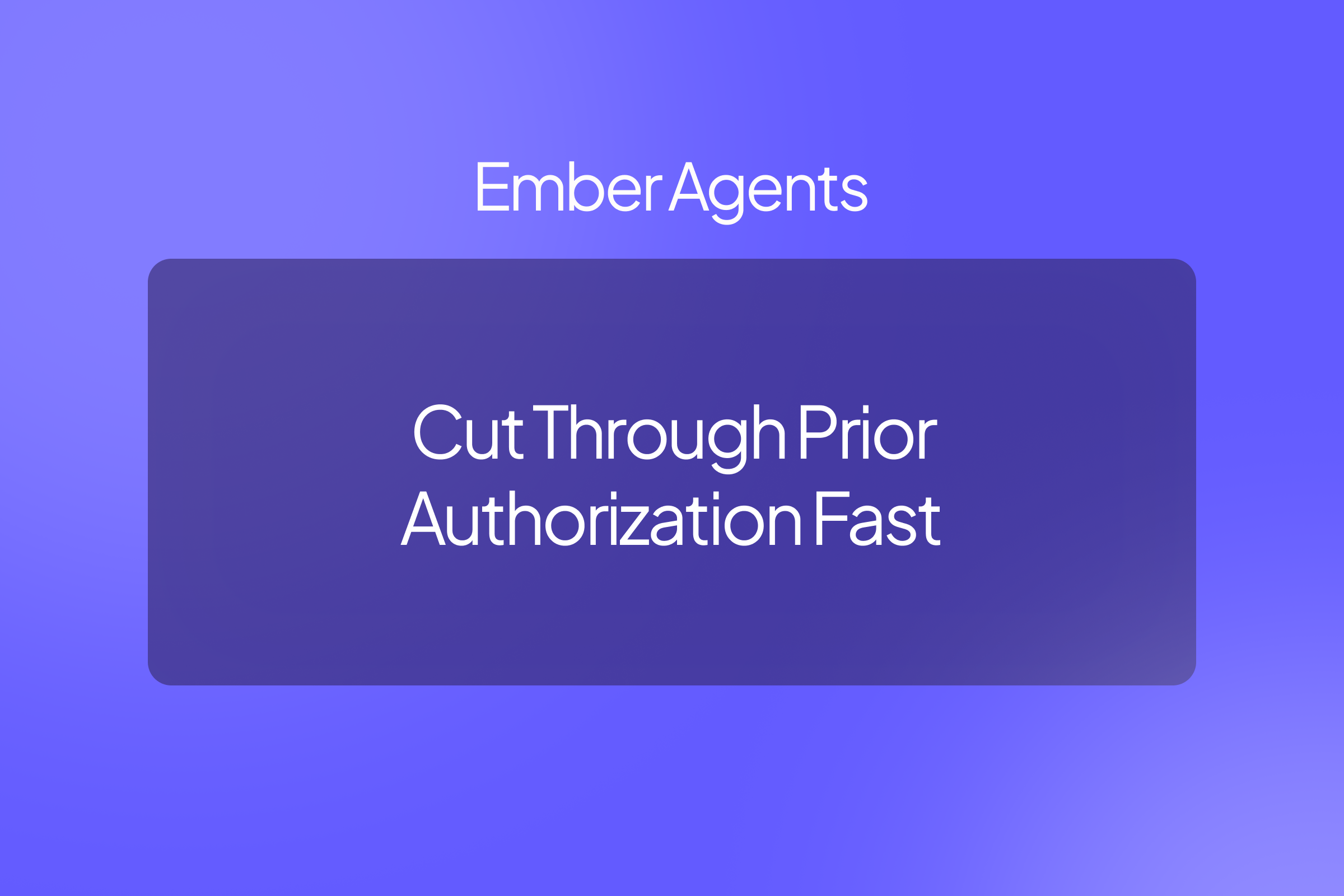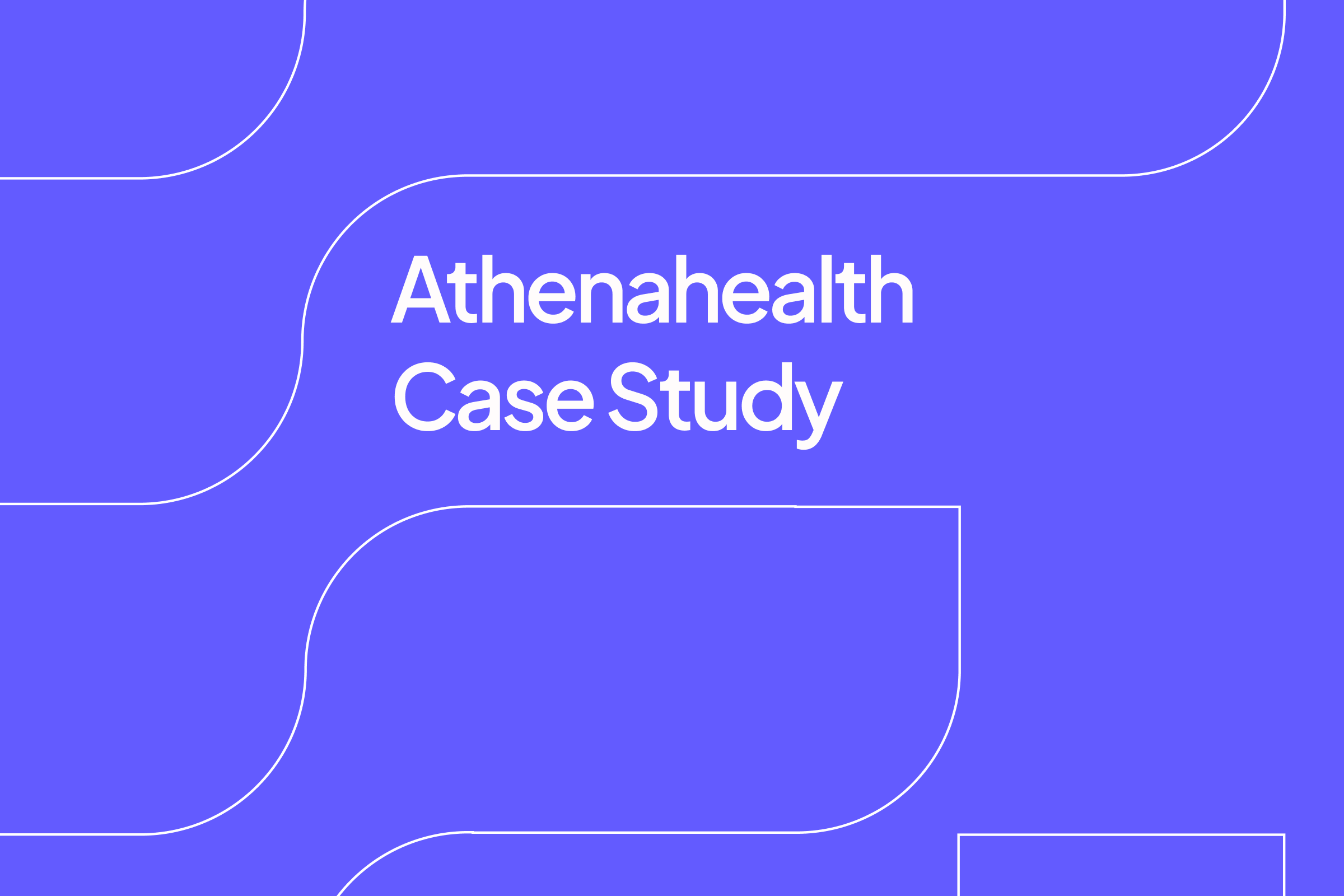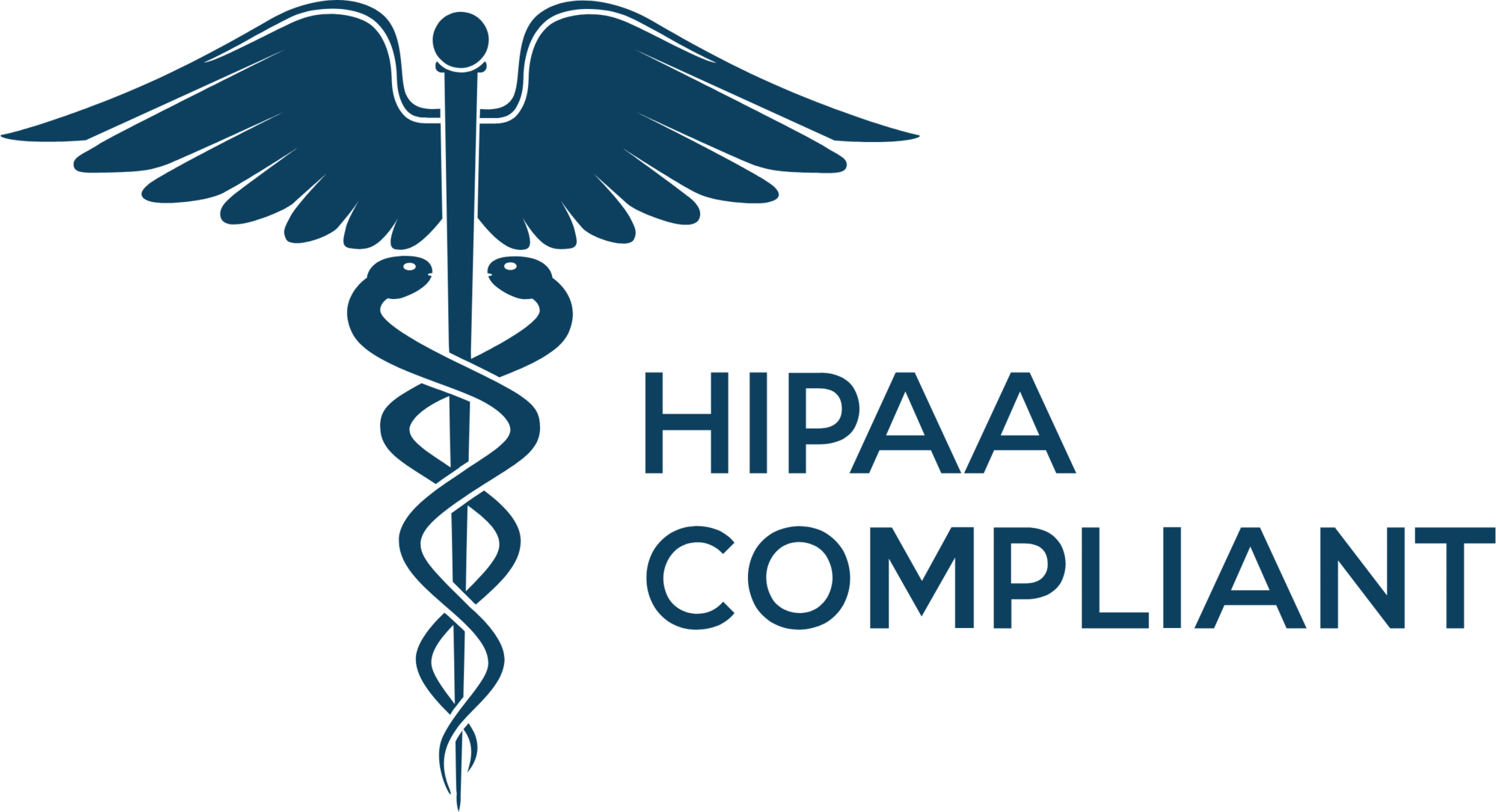
Decoding PR-242 Denials: A Comprehensive Guide for Healthcare RCM Teams
1. What Does PR-242 Claim Denial Mean?
Explaining PR-242 in simple terms
PR-242 means your claim was denied because services were provided by out-of-network or non-primary care providers without proper authorization. The "PR" tells you it's patient responsibility - meaning the patient might end up paying these charges.
Why this denial happens and what it means for your claim
- Insurance companies issue PR-242 when required authorizations are missing
- These denials often happen with specialist visits or emergency care
- Claims get stuck in processing, delaying your payments
- Patients may receive unexpected bills they weren't prepared for
2. Top Reasons Claims Are Denied
Common causes of claim denials
- Missing or expired authorizations
- Provider not in network when service was given
- Referral requirements not met
- Wrong insurance information used
- Eligibility issues not caught before service
How PR-242 compares to other denials
When compared to typical claim denials, PR-242 denials stand out as particularly challenging and resource-intensive. These denials require significantly more time to resolve than standard cases, often demanding hours of dedicated staff attention. They also carry a heightened risk of patient dissatisfaction, as patients may face unexpected out-of-pocket expenses. While these denials are often preventable through proper verification procedures, their resolution typically requires extensive documentation and a detailed appeals process, making them more complex to handle than many other denial types.
3. How Claim Denials Like PR-242 Affect Your Revenue
The financial and operational impact of denied claims
- Delays payment by 30+ days on average
- Takes 2-3 staff hours per denial to resolve
- Costs your practice money in rework and appeals
- Creates cash flow problems when multiple claims are affected
Why addressing denials is critical for your practice
Addressing claim denials promptly and effectively is fundamental to maintaining a healthy medical practice. By actively managing denials, you prevent significant revenue leakage that can impact your bottom line while ensuring a steady, predictable cash flow for your operations. Beyond the financial benefits, proper denial management leads to higher patient satisfaction levels, as patients avoid unexpected bills and payment confusion. Additionally, a proactive approach to denial management substantially reduces the administrative burden on your staff, allowing them to focus on other critical aspects of patient care and practice management.
4. The Key to Reducing PR-242 Denials
Actionable steps to minimize this specific denial
To effectively reduce PR-242 denials, practices should implement a comprehensive verification process that begins before patient appointments. This process starts with thorough network status verification for every scheduled appointment and includes setting up robust authorization alert systems to prevent oversight. Teams should meticulously document all referrals and approvals, maintaining detailed records for future reference. Real-time eligibility checking should become standard practice, ensuring current and accurate patient coverage information. Finally, investing in comprehensive staff training on verification procedures ensures consistent application of these important protocols across your organization.
Best practices for improving claim accuracy
Improving claim accuracy requires a structured approach to both verification and documentation. Practices can begin by developing and implementing a pre-service checklist that guides staff through each essential verification step. Establishing clear protocols for authorization verification standardizes processes across the organization, while maintaining organized records makes information easy to access when needed. Regularly monitoring denial patterns is essential for identifying recurring issues and addressing them before they become systemic problems. Most importantly, ensuring that identified issues are resolved prior to claim submission helps prevent denials from occurring in the first place.
5. How Ember Can Help
Spot Claim Denials Before They Happen
- Predictive analytics flag high-risk claims automatically
- Alerts notify staff about missing authorizations
- Network status checks ensure compliance.
- Real-time eligibility verification avoids surprises later
Turning Denials Into Opportunities
Ember doesn’t just help resolve denials—it helps you learn from them. By analyzing patterns in denial data, you can identify recurring issues and improve processes. This ensures:
- Better understanding of claim requirements
- Improve staff training and workflows
- Fewer denials overtime, with actionable insights to make smarter decisions
Turning challenges into opportunities leads to stronger performance and fewer claims falling through the cracks.
Making the process easier, faster, and more efficient
Ember improves every step of the denial management process by automating tasks such as eligibility checks and verification. With Ember, you can:
- Save time by reducing manual work.
- Provide staff with clear alerts and next steps for resolution.
- Ensure a faster and more reliable claim submission process.
Ember Copilot helps reduce the effort required, lowers denial rates, and boosts overall efficiency for your team.
Lynn Hsing is a recognized leader in healthcare marketing. Having worked closely with health systems and providers, Lynn brings a nuanced understanding of the challenges they face — from administrative burden and claim denials to reimbursement delays and staff shortages. This firsthand insight has shaped Lynn’s ability to translate complex AI solutions into meaningful value for healthcare organizations.








